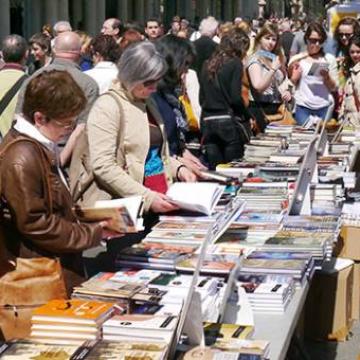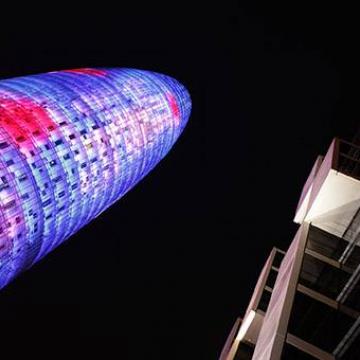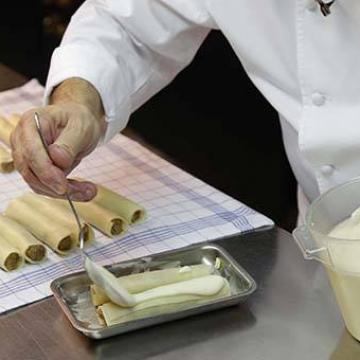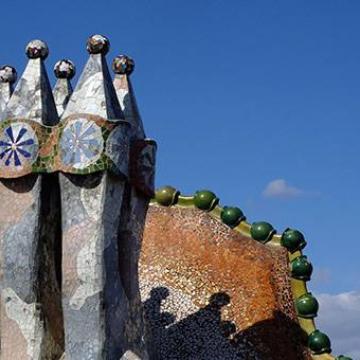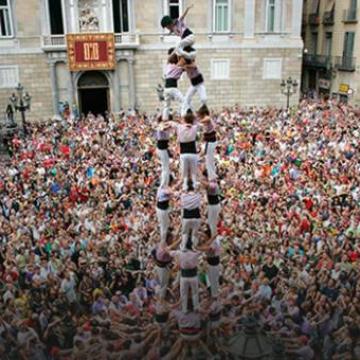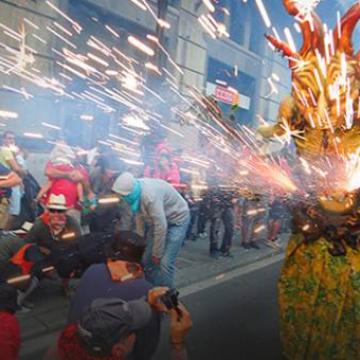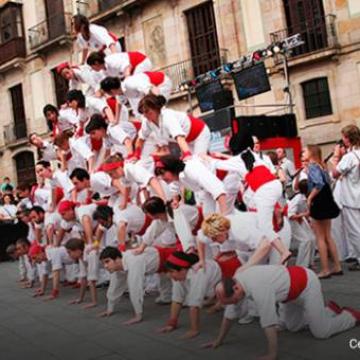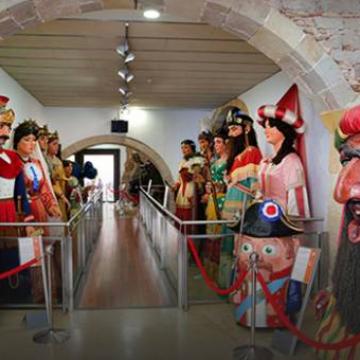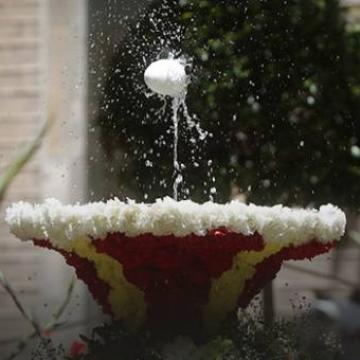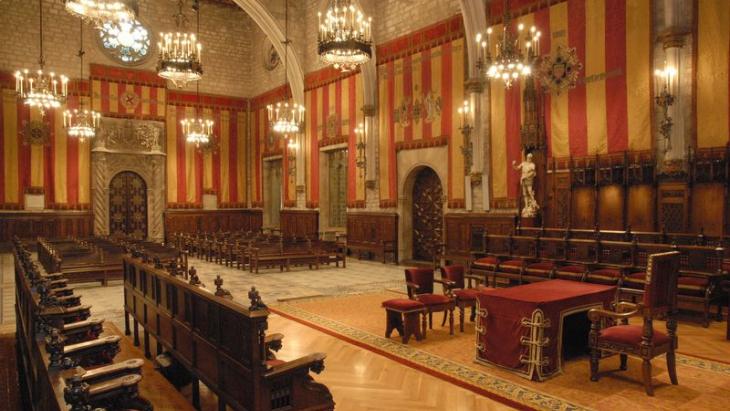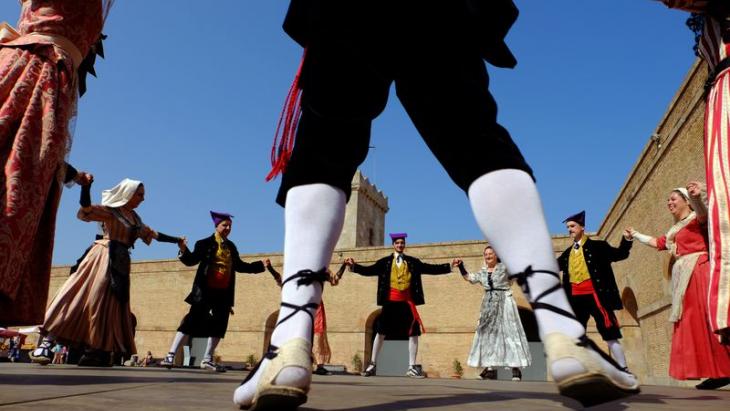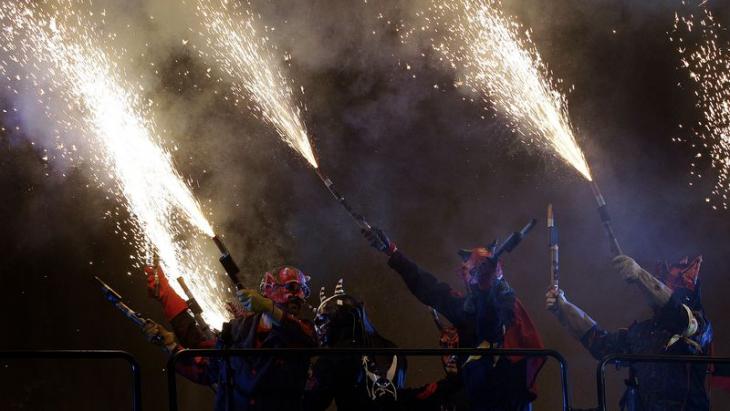Live the life
With its own identity

A city with character
Barcelona is an open, vibrant and creative city with a busy cultural, political, business and commercial life. It is a metropolis where every imaginable language can be heard, as well as a city that invites its residents and visitors alike to discover its Catalan culture and traditions.
The Catalan capital
Barcelona is the capital of Catalonia, a country whose nation boasts a long history, enjoying self-government as an autonomous region in the Spanish State. It is situated on the north-east coast of the Iberian peninsula, facing the Mediterranean Sea and bordered by Andorra and France along its north. Catalonia also has its own language, Catalan, which grew out of Latin, as did Spanish, French, Italian and Portuguese. Catalan is its official language, together with Spanish, and is used regularly in every walk of life. In addition, most of the people working in international trade and the country's main tourist areas speak English and other languages as well. Barcelona has always attracted people from all over the world, making it even more multilingual and special. It is the people living there, with their different backgrounds and cultures, who make it so cosmopolitan, diverse and intercultural.
Plaça de Sant Jaume concentrates the political life of the city and the Catalan nation. In use since the Middle Ages, Barcelona City Hall and Palau de la Generalitat [Catalan regional government building] are both located in this square. The City Hall houses the Saló de Cent, literally Hall of One Hundred, which was founded in the Middle Ages by King James l, the Conqueror. Since the 14th century, most of Catalonia's 131 presidents have exercised their authority from the Palau de la Generalitat de Catalunya. The city is also the seat of the Catalan Parliament, Catalonia's own legislative body, which has been housed in a building in Parc de la Ciutadella since 1980.
BCN hours
-
Working hours
People start work between 8 am and 9 am and continue up to 1.30 pm or 2 pm. They return to work from between 3 pm and 4 pm and finish between 6 pm and 7.30 pm. The normal working week runs from Monday to Friday and, in some sectors, Saturday as well.
-
Tourist information office
Tourist information offices open every day of the week and only close on two days of the year: 1 January and 25 December. Each office has its own opening times between 8 am and 8 pm. They have special opening times during the Christmas period.
-
Meal times
Breakfast: between 8 and 11 am. Lunch: between 1.30 pm and 3 pm. Evening meal: between 9 pm and 11.30 pm. Despite that, restaurant opening times are flexible and you can eat at any time in lots of them.
-
Shop opening hours
Most retail businesses follow the normal working week of Monday to Saturday and close around 8 pm, except the shopping centres, which do not close at midday and stay open till 10 pm.
-
Public transport
The city's public transport operates for much of the day, with times varying, depending on the rush hours. A full network of night buses covers most routes during the night. The metro runs throughout the night on Saturdays.
-
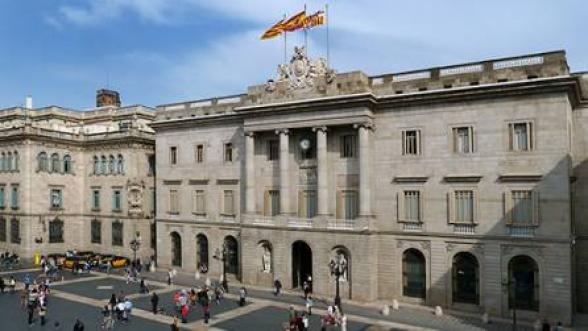 Barcelona City Hall
Barcelona City HallThe Casa Gran, or Big House, as it is known, includes the Saló de Cent (Hall of One Hundred), where the City Hall originated in the Middle Ages.
-
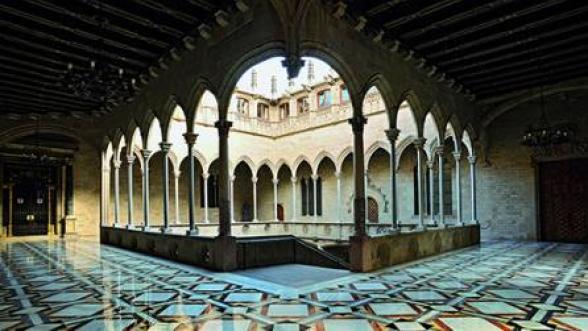 Palau de la Generalitat
Palau de la GeneralitatThe Gothic- and Renaissance-style Palau de la Generalitat has been the seat of Catalan government since the 15th century.
-
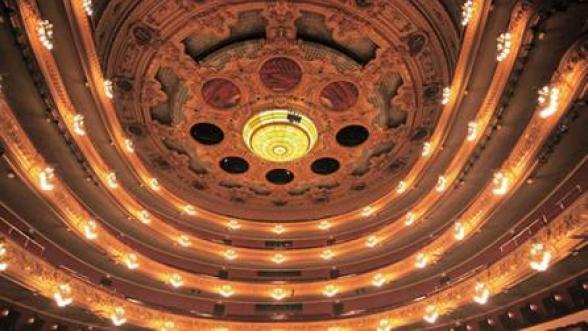 Gran Teatre del Liceu
Gran Teatre del LiceuThis opera house, built on the Rambla in 1847, is a symbol of the city's artistic and cultural life.
-
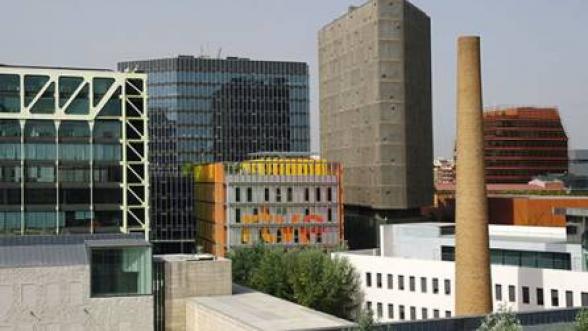 The 22@ district
The 22@ districtThe 22@ district is the epicentre of innovation, with nearly 1,500 high-knowledge businesses.
-
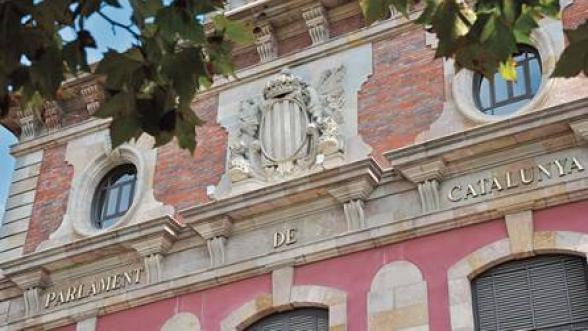 The Catalan Parliament
The Catalan ParliamentCatalonia's MPs hold their sessions at the Palau del Parlament, in Parc de la Ciutadella.
-
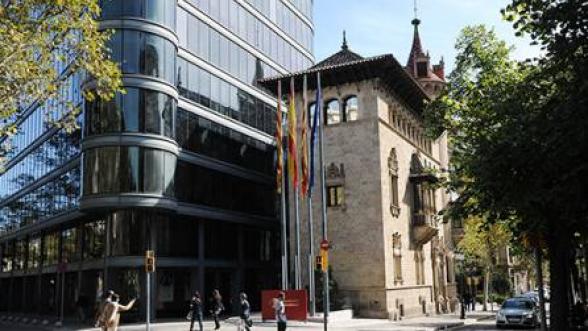 Barcelona Provincial Council
Barcelona Provincial CouncilThe Diputació de Barcelona, to give it its Catalan name, is housed in a Modernista mansion designed by the architect Puig i Cadafalch.
-
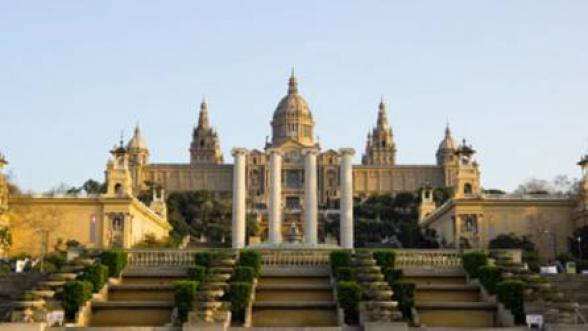 Catalan National Art Museum
Catalan National Art MuseumThe impressive National Art Museum (MNAC) building, built for the International Expo in 1929, has the best collection of Romanesque mural paintings in the world.
-
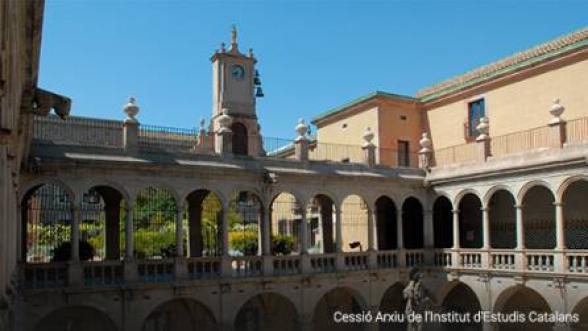 Institute of Catalan Studies
Institute of Catalan StudiesThe Institute of Catalan Studies ((IEC), housed in what used to be the Casa de Convalescència, was set up in 1907 to carry out research and popularise everything to do with Catalan culture.
-
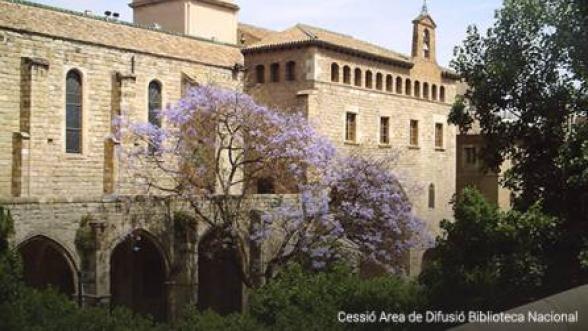 Catalan National Library
Catalan National LibraryThe former Santa Creu Hospital today houses the Catalan National Library (BC), which was set up in 1907 and has a collection running to some three million volumes.
-
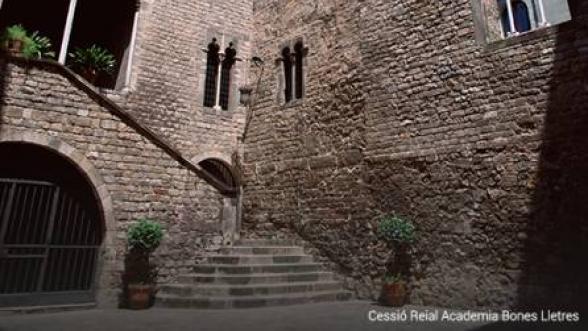 Royal Academy of Belles Lettres
Royal Academy of Belles LettresLocated in the Gothic-style Palau Requesens, the Royal Academy of Belles Lettres is an institution whose history dates back to the 18th century.
-
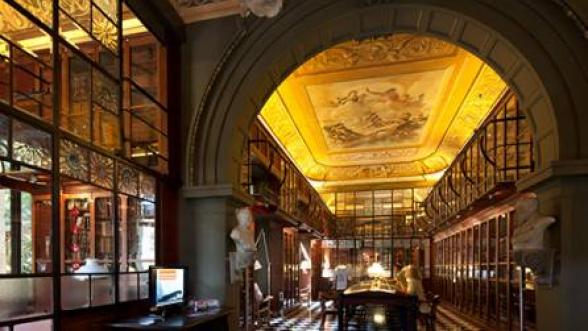 L’Ateneu Barcelonès
L’Ateneu BarcelonèsFounded in 1860 and housed in a magnificent Gothic mansion on Carrer de la Canuda, the Ateneu Barcelonès is an institution which promotes Catalan culture and literature.
-
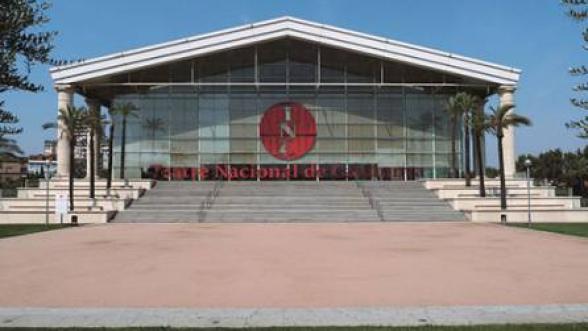 Teatre Nacional de Catalunya
Teatre Nacional de CatalunyaThis impressive building of neo-classical inspiration is houses the main stage for the performing arts in Catalonia.
-
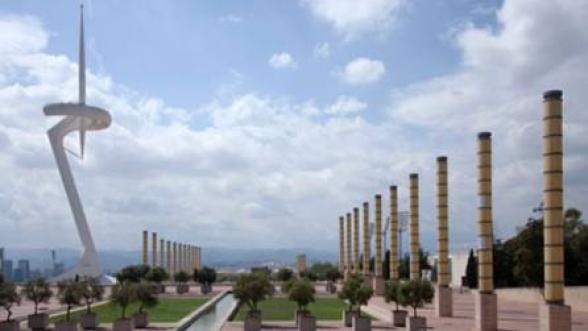 The Olympic Ring
The Olympic RingThis is one of the most important legacies of the 1992 Olympic Games. It is on Montjuïc and includes the main sports facilities of the time.
-
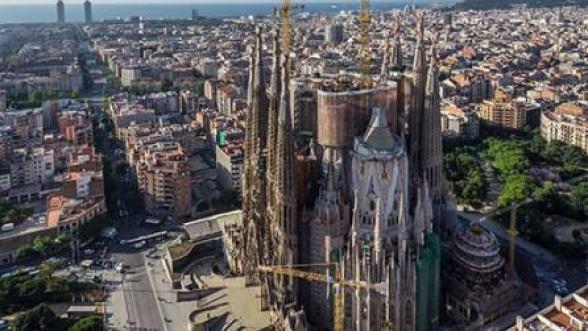 La Sagrada Família
La Sagrada FamíliaA city icon and Gaudí's monumental work, the Sagrada Família is an imposing church still under construction.
-
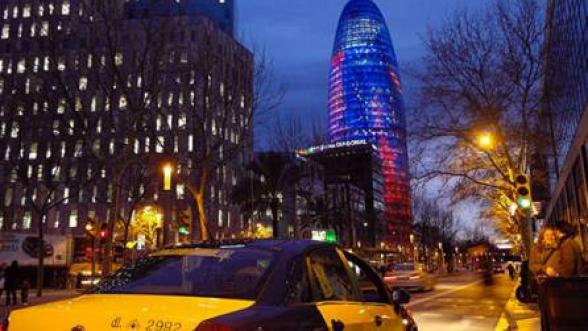 Las Glòries
Las GlòriesPlaça de les Glòries, currently undergoing a thorough overhaul, is surrounded by some of Barcelona's most avant-garde architecture.

